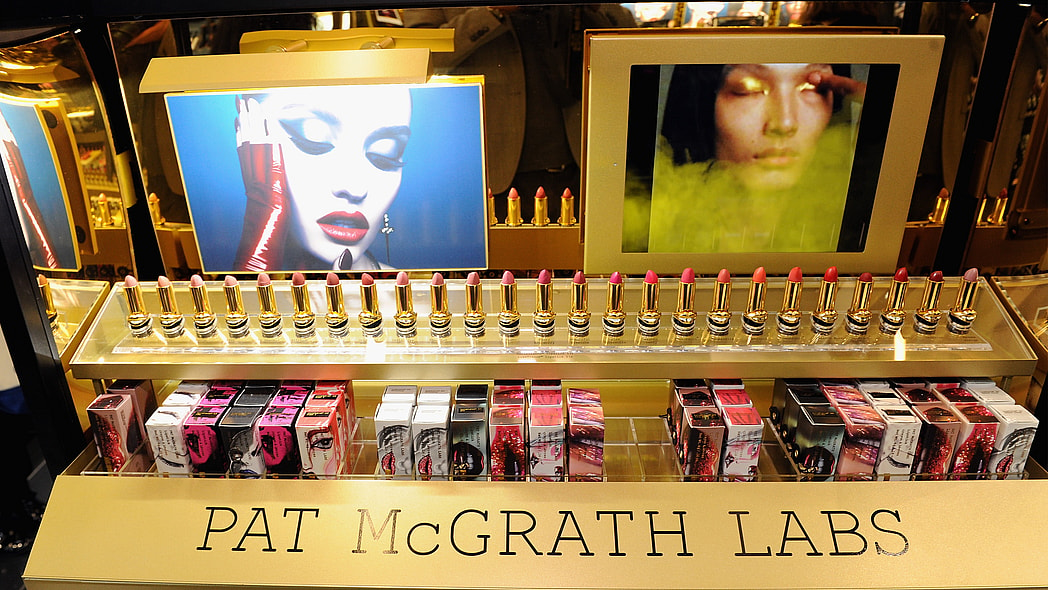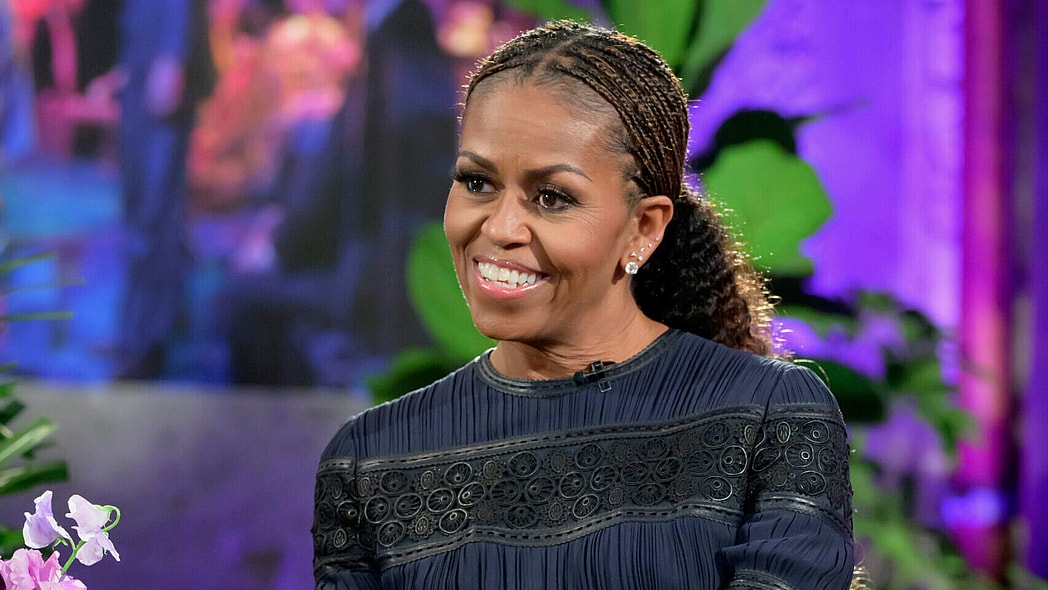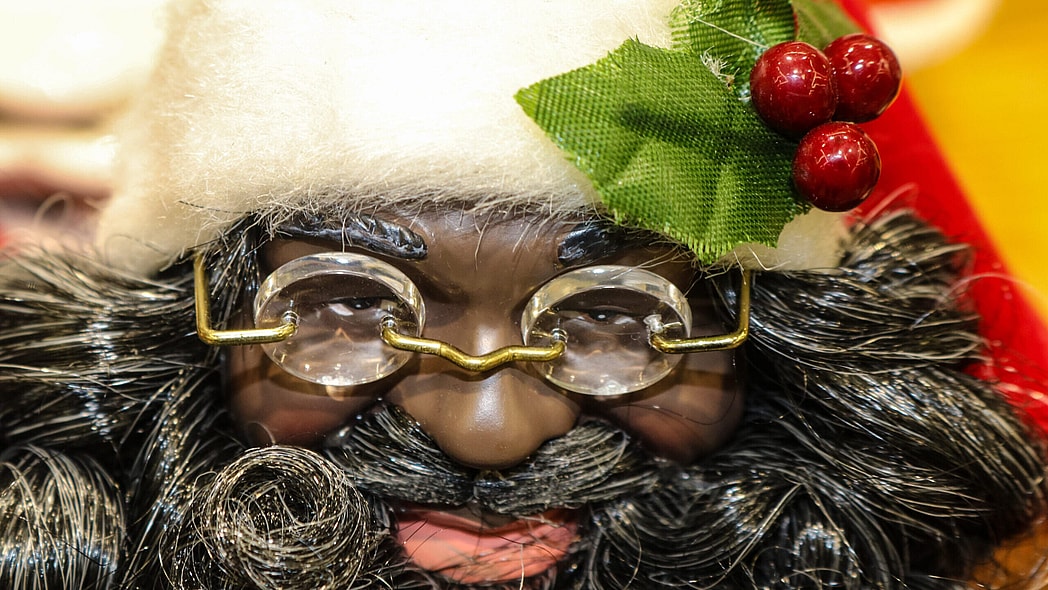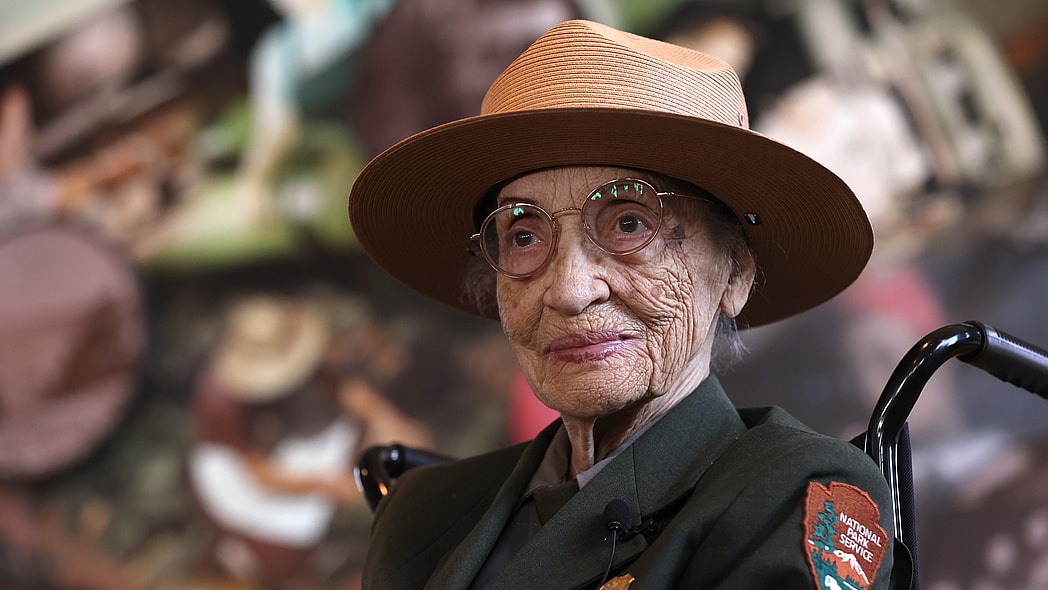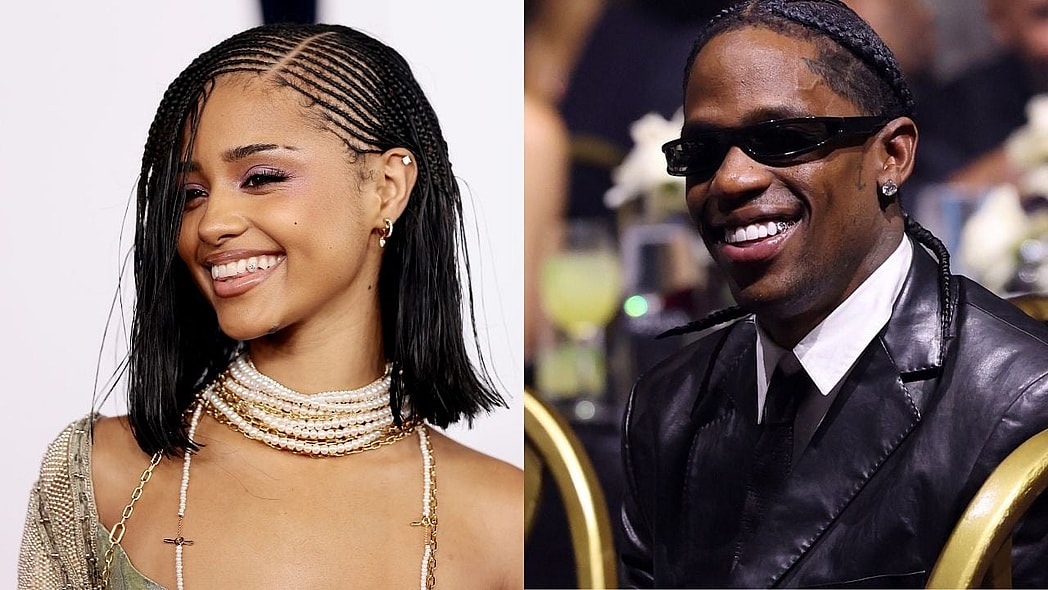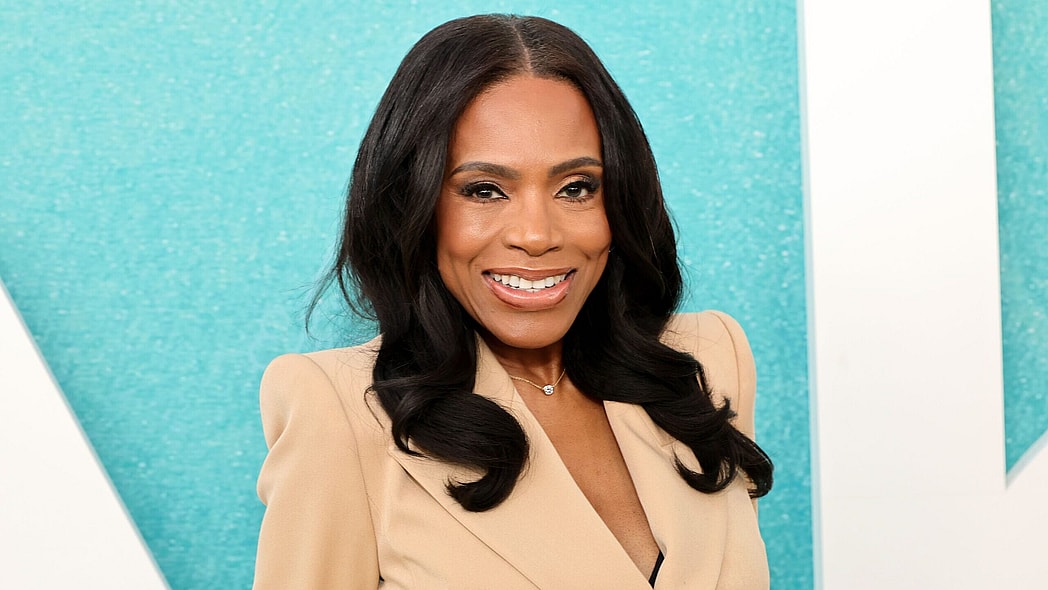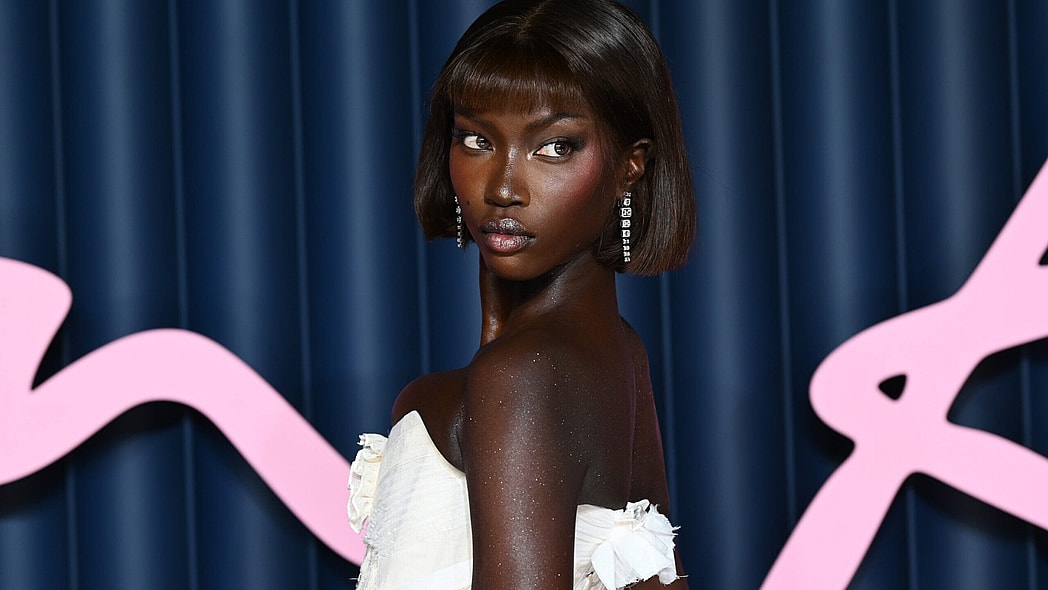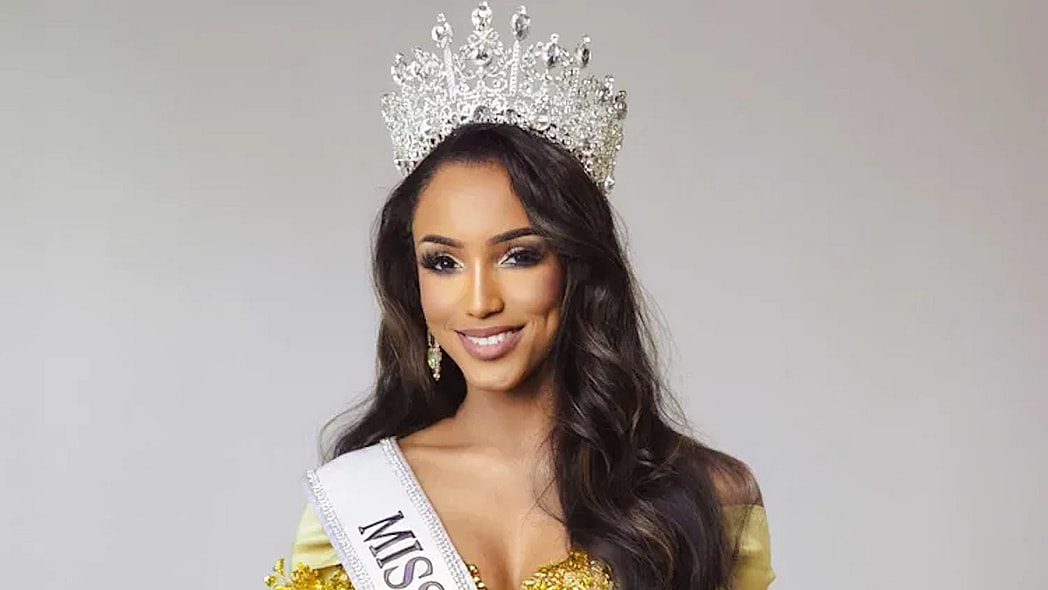Earlier this month, Ta-Nehisi Coates appeared on “CBS Mornings,” hosted by Gayle King, Nate Burleson, and Tony Dokoupil, to discuss his new book, “The Message”, which delves into the Israel-Palestine conflict. Shortly after airing, the interview went viral, sparking discourse amongst social media users across the country. While some sparred over Coates’ perspective on the ongoing international conflict, others debated the morning show’s anchors’ approach to the conversation; particularly Tony Dokoupil, who largely led the discussion and confronted Coates about some of his ideas.
Among the debaters were CBS News executives Adrienne Roark and Wendy McMahon, who reportedly told staff that the interview had not met “editorial standards.” Meanwhile, Shari Redstone, chair of Paramount Global, argued that the company made “a mistake” reprimanding staff about the interview, adding that Dokoupil did a “great job.”
However, King, who had a front-row seat to the interview, ultimately sees the Coates controversy as a learning experience.
“Life is hard. The news is hard. Sometimes, you have hard conversations on television,” King told the Hollywood Reporter. “We know that it comes with a great responsibility. And we’re mindful of that. Certain topics, you know, are just hot-button issues. You have to be very careful about how you ask the questions, [and] how the questions are received. I think we don’t shy away from hard conversations, either. So, I think it’s been a learning thing for everybody,”
Recommended Stories
While the organization should continue to work on not showcasing biases and “inconsistent treatment,” as Paramount co-CEO George Cheeks noted, there may be some truth to King’s statement. Through the years, there has been a growing distrust and disconnect between the public and media organizations. According to the Pew Research Center, the percentage of U.S. adults who closely follow the news decreased significantly between 2016 and 2022. This decline is partially explained by another study which found that a large number of Americans take issue with news organizations’ lack of transparency regarding conflicts of interest, source reporting, and disclosing whether a piece is fact or opinion-based.
Just as King embraces the “hard conversations” in media, Coates shares similar sentiments. While appearing on “Democracy Now,” the author and journalist revealed he was not surprised that he was confronted, given the topic of his book.
“I think there is a meta-conversation that happens here, where we end up because we’re media; where we end up talking about media and media politics. But I do think it’s really important to broaden the frame,” he said. “I don’t really have a problem with a tough interview…The question I would ask, though, is, how often on CBS, on NBC, on ABC, or any major news organization do you see someone who is a defender of the Israeli state project get confronted in that kind of way, get given a tough interview in that kind of way?”


